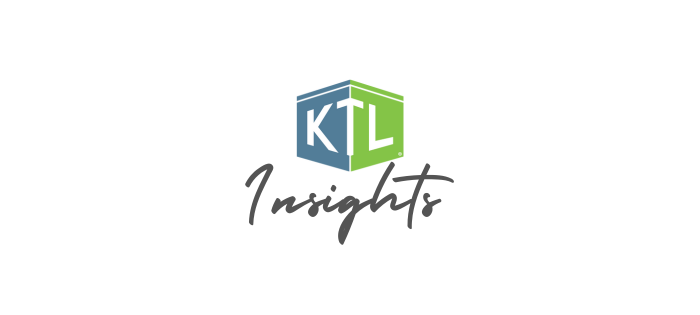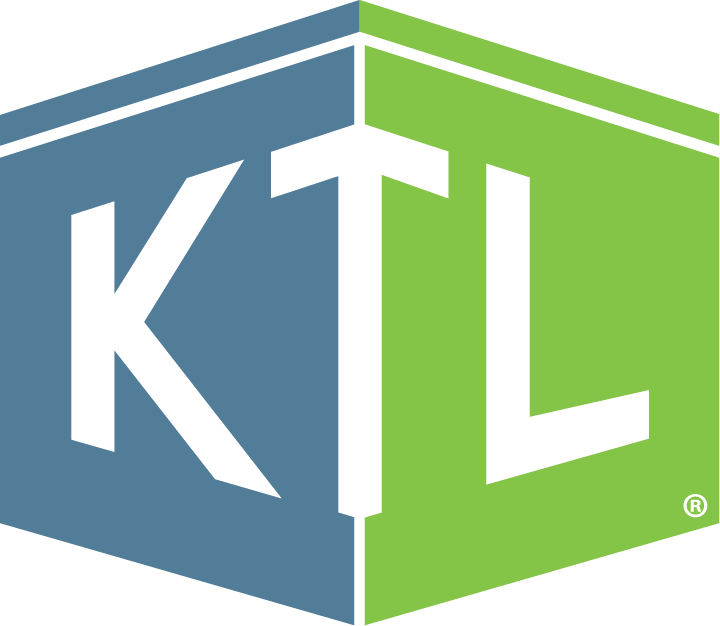
Food Safety
Comments: No Comments
Any mergers & acquisitions (M&A) transaction, no matter the size or structure, can have a significant impact on the acquiring company—and food safety is a critical factor. As KTL reported in our Food Safety: Top Trends to Watch in 2022 article early this year, we are seeing more and more private equity firms investing in food companies and, subsequently, in evaluating their food safety infrastructure to determine the potential risk and overall value of the acquisition.
An assessment of the operations, production processes, equipment conditions, food safety management, quality, regulatory compliance, and all related documentation needs to be completed as part of any food-related acquisition. Prior to any acquisition, it is important to determine:
- Condition of operations (i.e., personnel, equipment, processes, facility) necessary to effectively meet existing performance standards.
- Level of food safety compliance to regulatory requirements and applicable voluntary industry certifications.
- Any potential high-level risks that would impact the transaction.
What to Expect
A food safety and quality assurance (FSQA) due diligence assessment should focus on a review of food safety and management practices, regulatory compliance, and overall level of implementation of FSQA processes to identify potential impacts to a planned investment. In general, it involves reviewing FSQA processes and procedures compared best practices in the industry, including:
- Compliance with Food and Drug Administration (FDA), U.S. Department of Agriculture (USDA), and other state and local regulations, including environmental, health, and safety (EHS).
- Programs and practices to manage Global Food Safety Initiative (GFSI) certifications (i.e., SQF, FSSC 22000, BRCGS, IFS), if applicable.
- Condition of operations (i.e., personnel, equipment, processes) necessary to effectively meet identified performance standards.
- Procedures and ability to ensure food safety during and after the transaction and any potential planned construction/moves.
- Capacity to appropriately and efficiently respond to customer complaints and the implementation of related corrective actions.
- Ability to effectively manage risks associated with the supply chain.
Due Diligence Approach
A typical FSQA due diligence assessment will include the following activities:
Review of documentation. All documents (e.g., policies, plans, standard operating procedures, forms, monitoring records, etc.) must be reviewed to identify potential gaps with applicable requirements and high-level FSQA risks. If construction and/or moving to a new facility is part of the acquisition, production plans, designs, and transition processes and plans for the new facility must also be reviewed to assess the level of effort and costs associated with getting the new plant operational.
Facility and programs implementation evaluation. An onsite assessment allows for facility tours, interviews with key staff, and “boots-on-the-ground” review of:
- Program elements for level of development, compliance with applicable regulatory requirements, implementation integrity, organizational resources, and management support and commitment.
- Operational processes and conditions related to the handling, storage, production, and distribution of products.
- Key building, equipment, process, and controls components, condition, and functionality as they relate to potential food safety or EHS risks.
- Disclosure and verification regarding the handling of ingredients, labeling, and packaging.
- Food safety and EHS regulatory compliance history and potential risks (e.g., recall programs and new FDA regulations implementation).
Written report. In most cases, the final deliverable will be a written report documenting assessment activities and results, including operational conditions, major FSQA risks, and review of facility plans. The written report should include actionable items that will allow the investor to make informed decisions regarding the acquisition, as well as potential future remediation and/or improvements to existing programs. Typical reports should include:
- Results of documents and records reviews, with trends analysis
- Identification of positive practices
- Regulatory compliance concerns and performance history
- Food safety and EHS risks
- Opinion on priority, transition, and feasibility of production startup timeline considering food safety requirements
- Recommendations for improvement
Smooth Transition
Undertaking adequate due diligence in any M&A activity is vital. It can lead to the discovery of regulatory inconsistencies that may lessen the value of an entire product line or business—and opportunities to make improvements. It can provide better insights into the risks and potential benefits of a transaction. And, ultimately, thorough due diligence can help ensure a smoother, more effective, and sustainable business integration.
